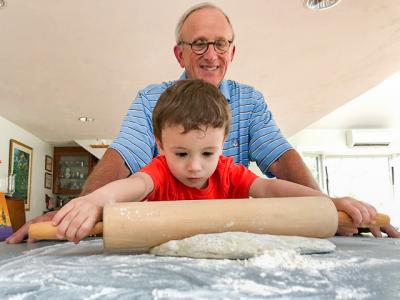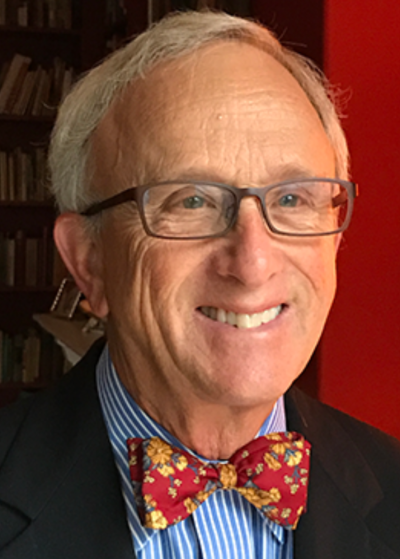Local author talks loneliness and how to avoid it
MARION - Have you called your mother today?
Or your sibling, or even your best friend?
If you haven’t, you’re not alone.
Today’s busy world often causes a lack of connections, author and Marion resident J.W. Freiberg and a nationally recognized author in the topic of loneliness, says.
“This has created something of an epidemic of loneliness,” he said.
Freiberg has authored books on loneliness and lectured widely on the subject. He will speak on “The Loneliness Epidemic: How It Evolved and How to Avoid It’’ Wednesday May 21 from 5:30 to 7 p.m. at Marion Music Hall, 164 Front St., Marion. The talk is sponsored by the Marion Institute. To register for the event, visit marioninstitute.org.
Statistics show what he considers an “absolutely frightening’’ pattern. About one-third of adults consider themselves chronically lonely.
Young people can be especially vulnerable. Those ages 12 to 20 rate themselves as the loneliest group of all.
“We are producing to our peril a generation of young people who are ever more lonely,’’ he said.
At one time, families lived close by, sometimes even all in one multi-unit home. Now they are often divided by states and even time zones.
In the past 30 years, the amount of in-person contact young people have with each other has dropped by two-thirds, Freiberg said. And that can have dire consequences.
Through in-person connections, human behavior is learned and reinforced. By being together, children understand how to make friends, avoid bullying, and be calmed and soothed by each other.
Teens may connect through texting, for example, but that doesn’t allow them to see each other and pick up body language and physical cues, which can help improve communication.
In-person is ideal, but tools such as Facetime and Zoom, which allow users to see each other, are preferable to calls and texts. “It’s really important that you see the person you’re talking to.’’
The problem is clear, he said, but there are solutions. Just as people make efforts to exercise more and eat better to improve their physical health, they need to make deliberate steps to make more and deeper connections.
“Police your connectedness,’’ he said. “You have to be active and aware of connections.’’
Ask questions, he said. Have I called my parents? When was the last time I checked in with a sibling? Childhood friends, he said, can provide a wealth of shared memories and laughs.
Join groups with people who share your interests. The activity you choose is less important than the opportunity to connect.
And be sure to check on people you sense might need a little more interaction and spend time with them.
Keep in mind, he said, that by nature, humans, like all mammals, are social beings.
“We need to be together,’’ he said. “That’s how we made it through evolution.’’















